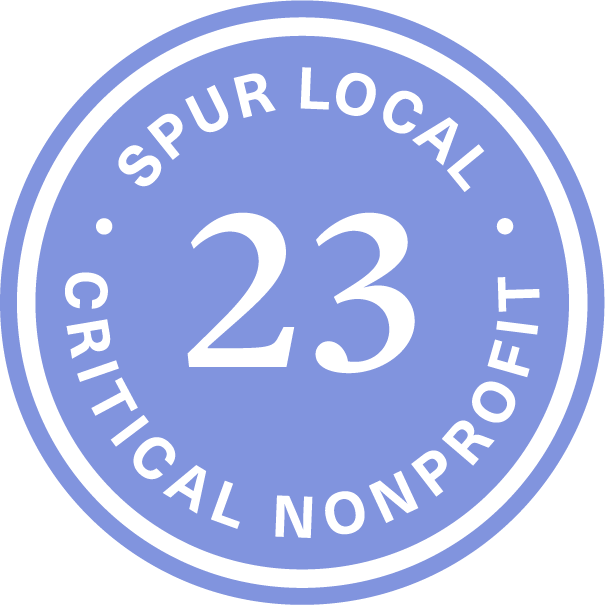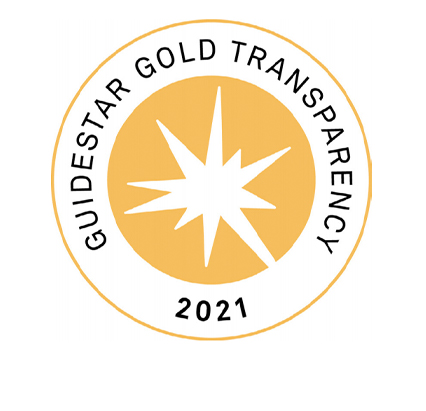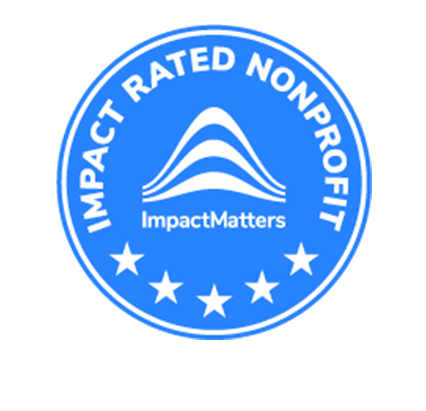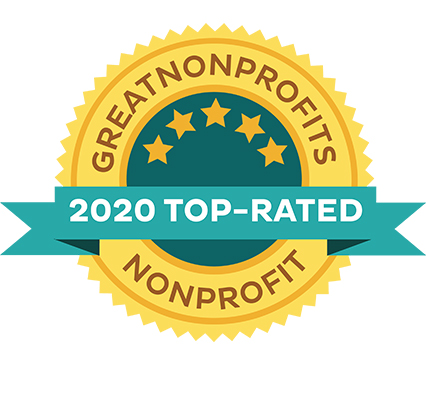Langan Denhard is our Health and Wellness Intern at the Cornerstone site. She is a senior at the University of Maryland studying Community Health.
After about a year working with DASH, my time with this organization is wrapping up as I prepare for life beyond graduation. Before I say good-bye (for now) to the staff and residents I’ve grown to love, I’m taking a moment to reflect on our wellness programming—where we are now, and how DASH can continue to grow.
At DASH, we provide services to fulfill the 7 dimensions of wellness that contribute to physical, emotional, and spiritual well being.
Social wellness: the ability to connect with and relate to other people.
Many survivors of domestic violence may lack close relationships and support systems. Abusers often use emotional manipulation to isolate their victims and the effects of that can last beyond the abuse.
We promote social wellness by building a safe, secure community within our program. Cooking with Afusat, the monthly cooking class led by one of our advocates, is among our most popular programs. Afusat also leads monthly birthday parties for all residents to attend. Our regular family movie nights are highly attended and allow the children and mothers to relax.
We also host a variety of groups that promote more intimacy and trust between our residents, allowing them to discuss shared trauma and personal experiences. As part of my internship, I developed “Free to be Me,” a four-part course on healthy relationships and safer sex. The course is currently being successfully implemented by two volunteers.
Occupational wellness: preparing and making use of personal gifts, talents, and skills to achieve a feeling of enrichment and purpose.
Our residents blew us away at our Winter Talent Show, showcasing their abilities to sing, act, dance, and play instruments. Other residents use their artistic talents to make our building beautiful. Our hallways are decorated with masterpieces made by our child residents during our weekly Art Group.
Alondria, our Economic Empowerment Advocate, helps our residents prepare for, find, and maintain employment. On May 8th, our residents will have the chance to showcase their skills for our first ever Networking Night.
Physical wellness: maintaining a healthy body and seeking medical attention when needed.
Our physical wellness program keeps growing! On Saturdays, we have our Double Fitness Feature: Weightlifting with David followed by an hour-long Zumba dance party. On Sundays, women and teen residents can participate in Yoga. Kid Yoga is held on Monday evenings.
Free to be Me and Let’s Talk are recurring programs that promote sexual health. We also hold one-time workshops on topics such as HIV, breast health, and contraceptive choices.
Seasonally, we receive an assortment of fresh fruits and vegetables from a nearby farmer’s market. When paired with our popular cooking class, residents gain the skills to prepare healthy meals for themselves and their children.
Emotional wellness: includes the ability to cope with challenges, to accept self and past mistakes, and to develop stress management techniques.
Because of our low-barrier access to services model, we serve clients dealing with varying levels of trauma, and thus varying levels of emotional wellness. This dimension is particularly intertwined with the others, but many of our programs are specifically focused toward the emotional wellbeing of our residents.
Acupuncture is regularly provided for our residents as pain and stress management. Our grief counseling groups, provided as needed, help residents work together to move past trauma. Monthly Let’s Talk groups provided through Metro TeenAIDS allow residents a chance to discuss shared stressors like parenting, body image, and relationships.
Environmental wellness: this refers to the ability to make a positive impact on the area surrounding us.
Though residents stay for a maximum of 2 years, it’s important for our residents to feel a sense of ownership over the building and surrounding community. Our wellness coordinator, Annabeth, leads gardening activities to beautify the area surrounding Cornerstone.
Revolution: DASH, our community service-learning group for kids and teens, spent an afternoon picking up trash around our neighborhood.
Intellectual wellness: engaging in creative activities to increase knowledge and skills.
Our groups allow our residents to learn from each other; we try to incorporate a discussion component as much as possible into our programming. Madeleine, another UMD intern, leads a weekly journaling group on Fridays. Our recurring parenting class promotes new ideas in effective black parenting. By popular request, we are now in the beginning stages of introducing a book club.
Do you have something to add to our Wellness Program? Contact Annabeth Roeschley, our Wellness Coordinator, and/or Mari Vangen-Adams, our Volunteer Coordinator.







